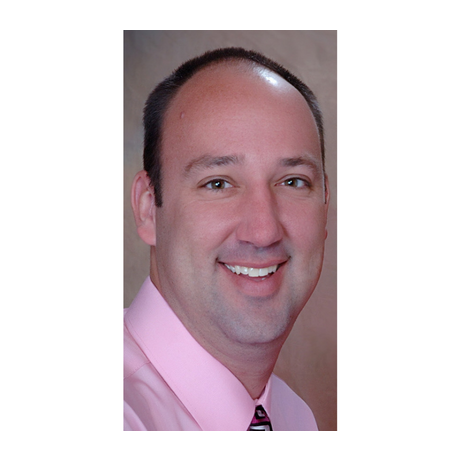A Practical Gap: Where Water Models and Regulation Meet Data
As crop irrigation and water use continues to expand across Michigan, we are seeing many watersheds being closed to new water withdrawals. The number of closed watersheds is about to dramatically increase. Michigan lawmakers are using the federal ARPA funds to rewrite portions of the Mi-WWAT and implement new predictive models without a corresponding increase in real-world data collection. The state is also in the process of creating the first Water Users Groups to facilitate “sharing” of the available water based on those predictive models. Land values, crop yields, drought protection, agriculture/agribusiness expansion, and current farming practices are all at risk. Growers need to be aware of the coming increases in water restrictions, expand their knowledge and vocabulary related to water resources and hydrogeology, and know the practical solutions they can implement on-farm to fill the real-world data gaps and contest unproven predictive models.
Wednesday, January 31
11:00am-12:00pm

About the Speaker
Todd Feenstra
Todd Feenstra is a hydrogeologist with nearly 25 years of experience with design and impacts of high-capacity water wells. He is fluent in both data collection and modeling. He is the director of Midwest Water Stewards, a large group of growers across Michigan and Indiana that maintains an active private network of more than 200 groundwater monitoring wells and 300 stream measurement sites. He is also the president and owner of Tritium Inc., a hydrogeologic consulting firm. Other roles he currently serves include technical advisor to the Michigan Water Use Advisory Council, a director of the Michiana Irrigation Association, and president-elect of the Indiana Water Resources Association.

